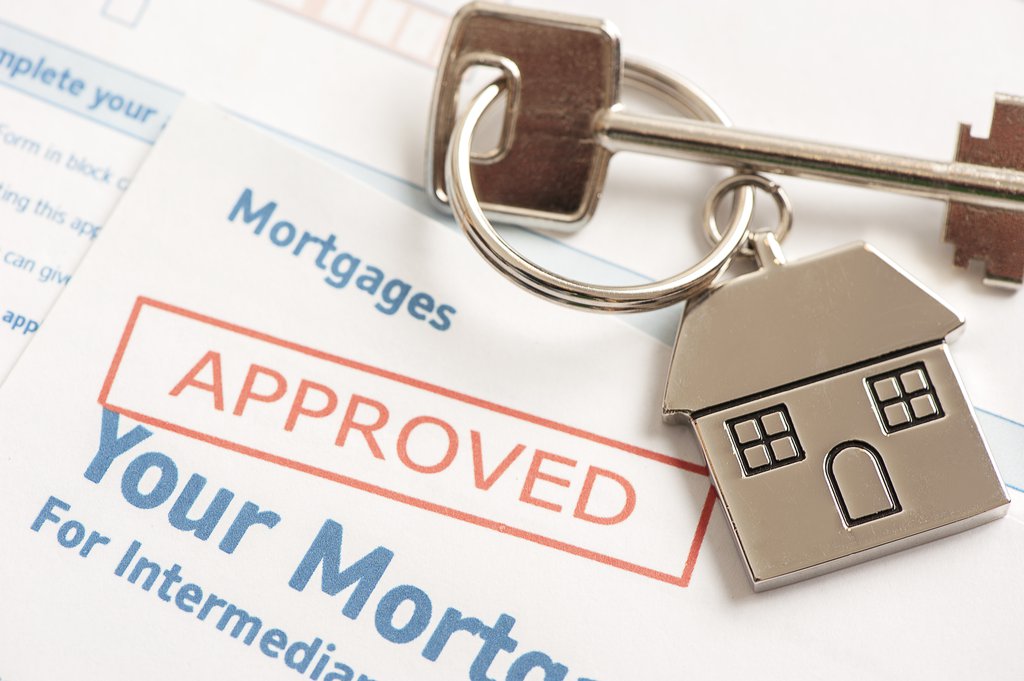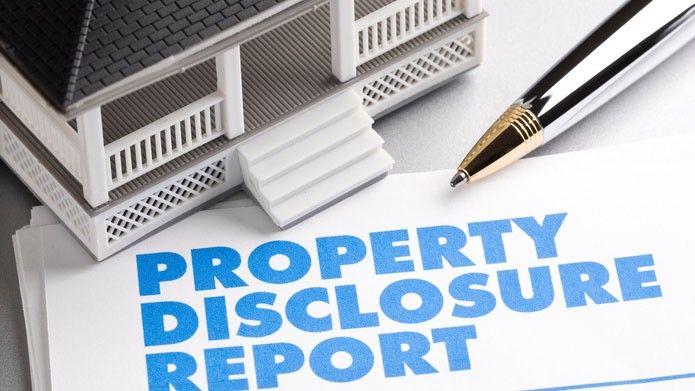Mortgage Shopping: Avoid These Mistakes

Searching for the right mortgage for your new home is likely the most important step when buying a new home. Having that preapproval lets you know how much house you can afford as well as getting your wallet ready for budgeting. There are some things you can do that can make lenders second guess your application, and you want to avoid doing anything that can sabotage the purchase of a new house:
-
- Not knowing what is on your credit report can set you up for a surprise when a potential lender pulls it for inspection. Obtain a free report through your bank or credit union so you can correct or dispute errors before you fill out a loan application.
-
- Sending late payments on credit cards and other monthly bills during the approval process will show on your credit report.
-
- Opening a new line of credit for large purchases will raise your debt-to-income ratio (DTI). Except in emergencies, avoid buying anything on credit until after closing on your new home.
-
- In the same manner, closing credit accounts can negatively affect your credit score. If you have paid off credit card balances, leave them active, as this shows lenders that you have credit options available.
-
- Trying to help a family member get a loan by co-signing with them will raise your DTI and can discourage lenders.
-
- Unless it is completely unavoidable, changing jobs can hurt your loan chances. Lenders like to see a steady income from employment with the same company or same field.
-
- If you are using gifted funds to assist with the down payment, do not deposit the money into your bank account without documentation from the giver. Learn more about the procedures for down payment gifts from the balance.
-
- Do not let poor credit and lack of a 20% down payment keep you from buying a house. FHA, USDA, and the VA all have programs to help make the dream of homeownership a reality. Check each website for eligibility requirements.
Lastly, buying a home without a REALTORⓇ can be a costly mistake. No, there is no money coming directly from your pocket to pay the buyer agent–their pay comes from the home sale. Find a reputable agent who knows how to find the right house for your budget as well as your wants and needs, plus knows all about negotiating a home sale price.
Courtesy of Chester County PA Realtor Scott Darling.
Photo credit: Clover Mortgage


.jpg)










